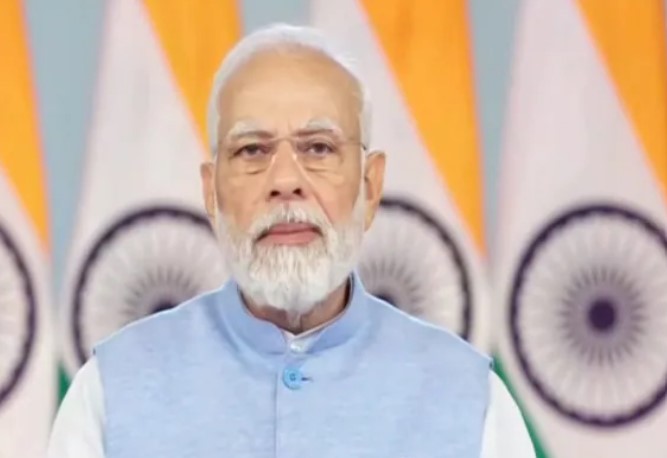Virendra Pandit
New Delhi: Prime Minister Narendra Modi on Thursday said multilateralism is in crisis today and the failure of the global architecture of governance is affecting developing countries the most.
Inaugurating the first foreign ministers’ meeting (FMM) of G-20 nations here in 2023, he said “The architecture of global governance created after the Second World War was to serve two functions: First, to prevent future wars by balancing competing interests; and second, to foster international cooperation on issues of common interests.”
Drawing attention to the world’s experience in recent years, he said the financial crisis, climate change, pandemic, and wars clearly show that global governance failed in both its mandates.
PM Modi said the tragic consequences of this failure are being faced mostly by developing countries, and the world is at risk of rescinding sustainable development after years of progress.
He also noted that many developing countries are struggling with unsustainable debt while trying to ensure food and energy security for their people. These countries are the most affected by global warming caused by rich countries.
Modi also reminded the diplomats how global supply chains have broken down during times of stress and turmoil in recent times.
Asserting that no group can claim global leadership without listening to those most affected by its decisions, PM Modi said India has tried to give a voice to the Global South at the G-20.
He underlined that the ongoing meeting was taking place at a time of deep global divisions and as a meeting of foreign ministers, it was only natural for the discussions to be affected by the geo-political tensions of the day.
“We all have our positions and perspectives on how these tensions should be resolved,” the Prime Minister said. He emphasized that as the leading economies of the world, the responsibility towards those not present room lay with the G-20 nations.
“The world looks upon the G-20 to ease the challenges of growth, development, economic resilience, disaster resilience, financial stability, transnational crime, corruption, terrorism, and food and energy security,” Modi said, noting that G-20 has the capacity to build consensus and deliver concrete results.
External Affairs Minister S. Jaishankar said the knock-on effects of conflicts and anxieties over a looming debt crisis have made the current G-20 meet a consequential one.
On Thursday, the foreign ministers are attending two sessions. The first one would focus on strengthening multilateralism and the need for reforms, food and energy security, and development cooperation. The second would include discussions on counterterrorism, global skill mapping and talent pool, and humanitarian disaster and disaster relief.

